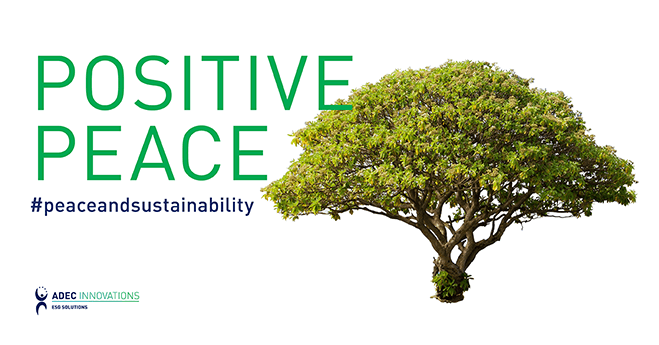Minerals are important ingredients in manufacturing. Gold and silver are used in jewelry, currency, computers, electronics and medicine. Copper is used in motors and electrical wiring. Cadmium is a main ingredient of batteries.
Some businesses use “conflict minerals” in their products, minerals sourced from mines in areas marred by military conflict. Minerals from these areas may be sold to fund militias, leading to human rights abuses that can render a location unsuitable for business.
Following are some effects of conflict minerals on business.
Damaged Business Reputation
Using conflict minerals can severely damage a company’s reputation by generating negative publicity that can drive away customers and potential investors. With industry and humanitarian organizations urging people to demand conflict mineral-free products, the link between conflict minerals and damaged business reputation must be considered.
Environmental Destruction
Since many mines that produce conflict minerals are run illegally, they may not comply with environmental regulations. As a result, their operations are hazardous to the environment. For example, the mining of “conflict diamonds” (also known as “blood diamonds”) in Angola resulted in soil erosion, as well as land and water pollution.
Soil erosion, along with land and water pollution, can cause resource depletion and public health problems. When bodies of land and water are rendered barren by pollution, businesses lack a source of raw materials they can use for products and services. Furthermore, residents will lack adequate sources of food and water, leading to hunger and malnutrition, which can result in reduced employee productivity.
Greater Social Unrest
The continued use of conflict minerals can increase social unrest. With a steady source of money and weapons, militias will continue to sow terror in surrounding communities, which can lead to reduced employee productivity and business closures. Terrorism can cause employee injury or death, and may force businesses to move to safer locations. The lack of opportunity for a decent livelihood may drive people to join the militias, perpetuating the cycle of conflict minerals and social unrest.
Since 1998, the Democratic Republic of the Congo (DRC) has been plagued by armed conflicts that have killed at least 5.4 million people. Behind these armed conflicts are militias running and profiting immensely from the DRC’s rich mines. The militias sell the minerals to other countries, where they are used in manufacturing vehicles, electronics and jewelry. The militias then use the profits to finance their armed activities.
To increase productivity in their mines, Congolese militias resort to inhumane labor practices. Some miners are required to work 24 hours straight. Women and children are also forced to work as miners. Illegal activities such as theft, murder and rape are rampant in these mines. Such conditions will undoubtedly disrupt the DRC’s labor force.
Businesses must take the initiative to ensure that their products are free from conflict minerals. While the utilization of conflict minerals may allow for increased production and revenue, this gain is short-lived. Using responsibly-sourced materials such as conflict-free minerals benefits businesses and the larger community. Using conflict-free minerals equals less pollution, more resources, a healthier workforce and a peaceful community—all of which are vital for a business to thrive.
ADEC ESG helps organizations recognize business drivers for sustainability practices and offers cost-effective sustainability management solutions. To stay current on global sustainability issues, subscribe to our monthly newsletter, GreenWatch.




